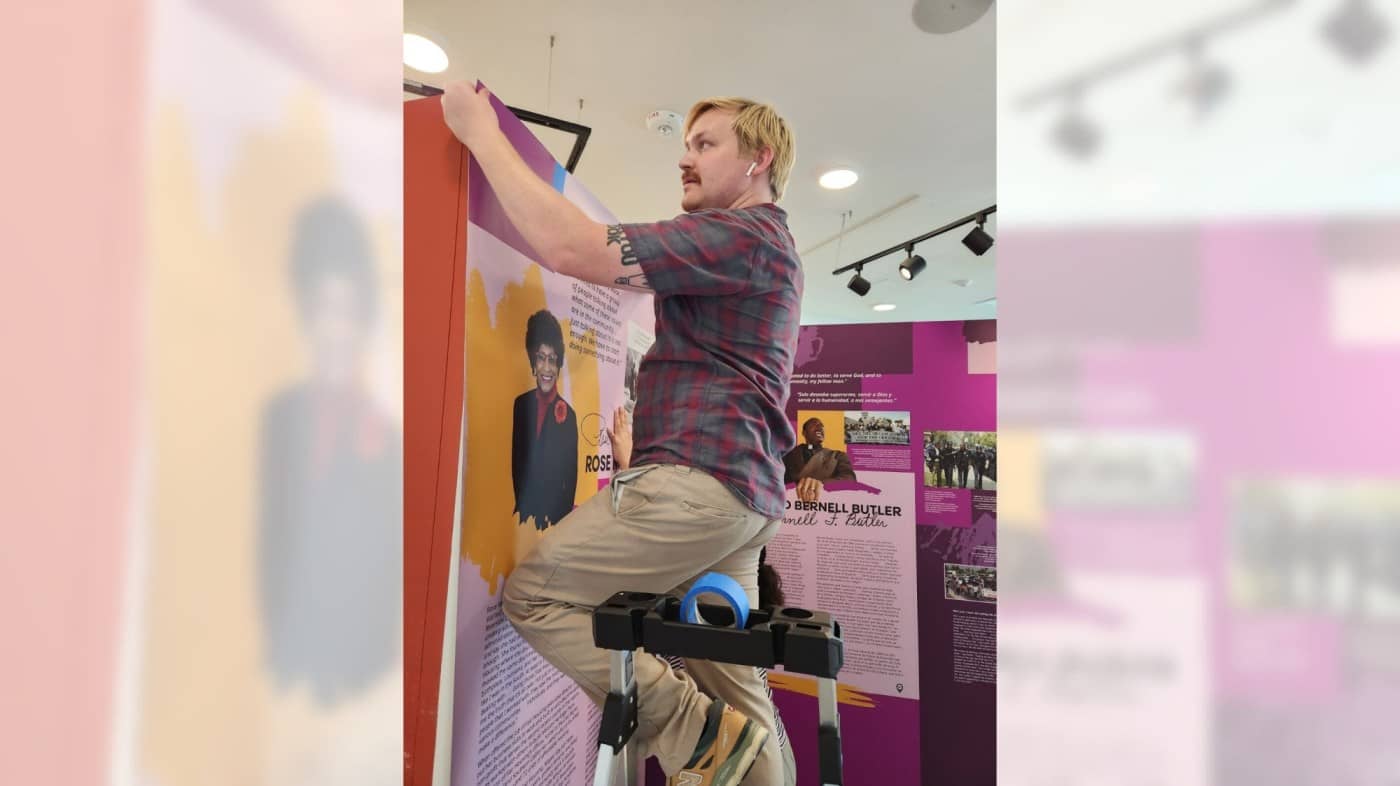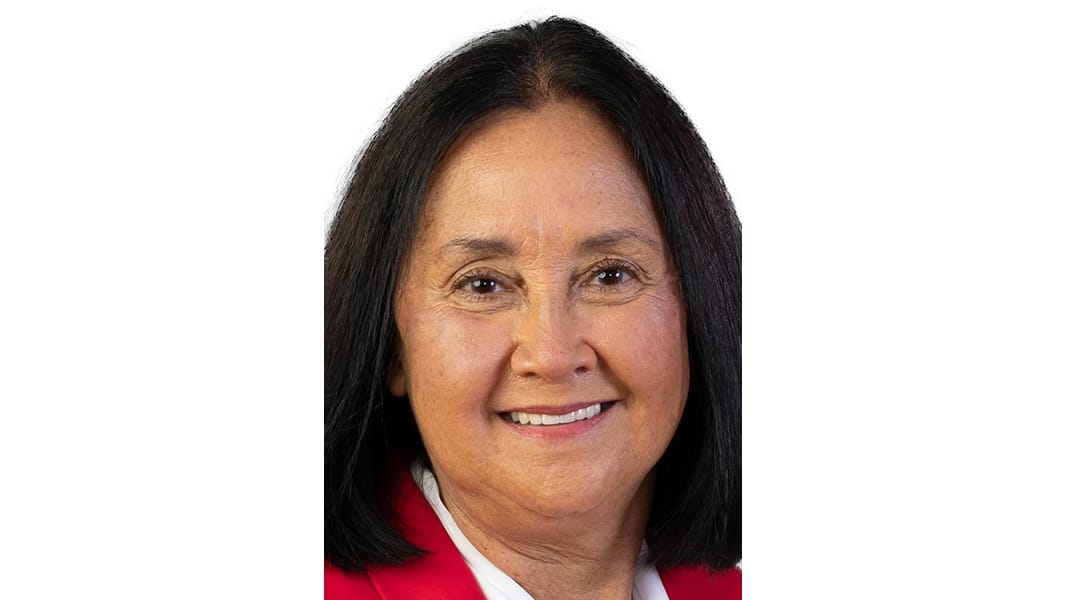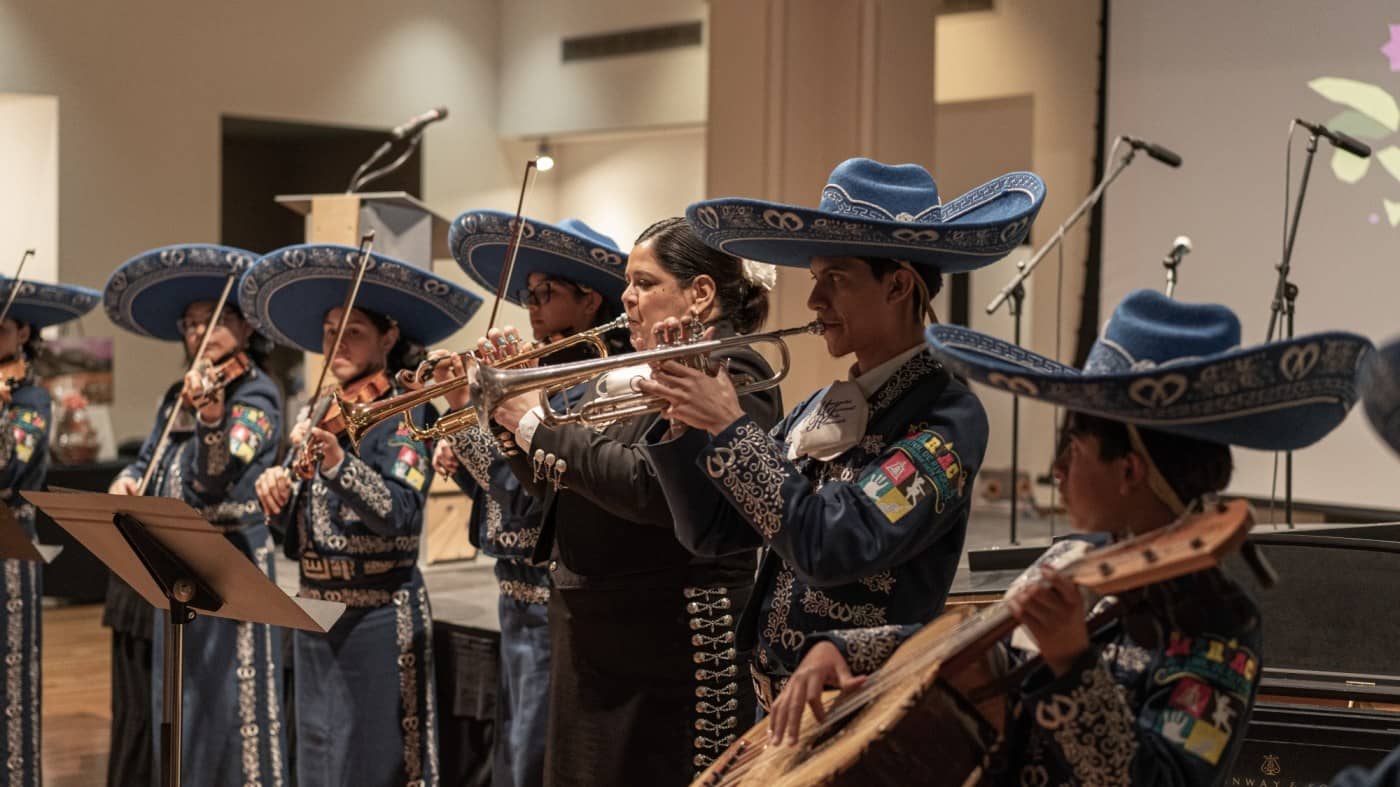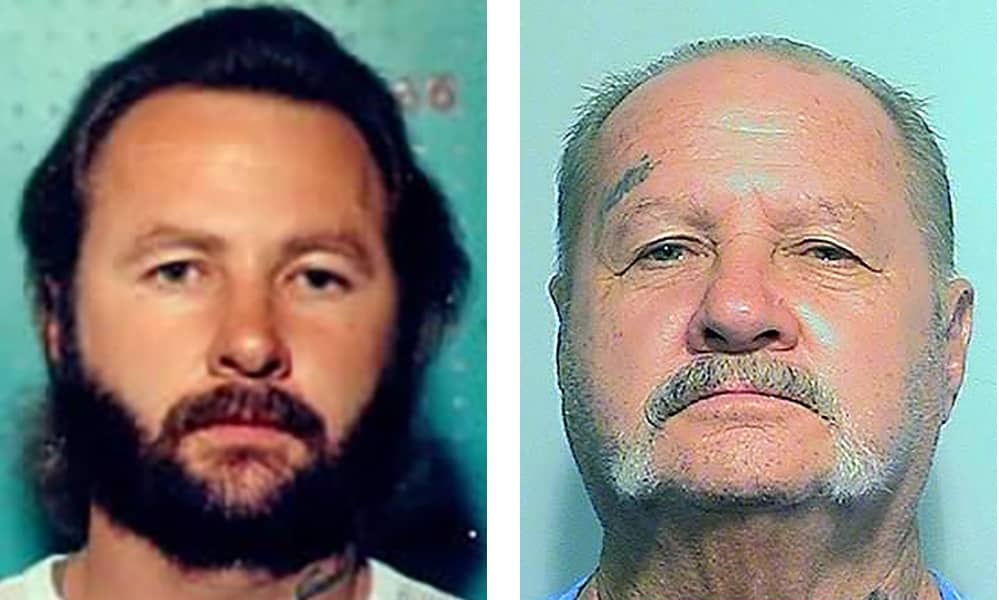A new exhibit in downtown Riverside called “Homegrown Heroes” will spotlight the contributions of 25 community leaders.
The Civil Rights Institute of Inland Southern California is opening the exhibition with a free Thursday, Sept. 26, event at 6 p.m. The public is welcome.
The $200,000 bilingual exhibition and oral history project involved interviewing the leaders. It’s the beginning of the institute’s efforts to preserve Inland Empire stories. The exhibit will run until May 30.
“Focusing on the interest areas of race and ethnicity, sexual orientation and gender identity, disability, gender, and national origin, the exhibition expands what civil rights work looks like in our region,” a news release states.
The project used local cinematographers to do video interviews.
“We are thrilled to show this exhibition to the community, it ties together everything we are,” institute Executive Director Sabrina Gonzalez said in the release. “We are people- and story-centered and we look towards the past to build a better future.”
The stories told in the exhibit explain “the ways everyday folks have broken gender barriers, advanced racial equity, ensured our equal access to public spaces and health resources, improved the lives of LGBTQ+ individuals, and secured immigrant rights,” the release states.
During the exhibition’s run, the institute will do additional interviews and expand its online archive to reflect the Inland area’s civil rights history. It can be viewed Wednesdays through Fridays, from noon to 5 p.m.
Those featured in the exhibit, and the institute’s description of their feats, are:
Lalit Acharya — Acharya, who died in 2022, co-founded the institute. He was Riverside’s international relations officer working on the sister city program, erecting the Gandhi statue downtown and creating the Long Night of Arts and Innovation.
Maria and Antonio Ayala — Immigrant rights activists and founders of the TODEC Legal Center in Perris.
Chani Beeman — The Riverside activist has worked in the feminist and LGBTQ+ movements, as well as efforts to improve police accountability.
Pete Benavidez — He is the founder and CEO of Blindness Support Services.
Robert Bland — Bland was the first Black student to receive a bachelor’s degree from the University of Virginia and leader of the parents’ group during the 1960s movement to integrate Riverside schools.
Jane Block — The environmentalist and feminist worked on the Western Riverside County Multiple Species Habitat Conservation Plan.
Bernell Butler — The pastor led protests and calls for police reform after his second cousin Tyisha Miller was killed by Riverside police in 1998.
Phyllis Clark — The CEO and founder of Healthy Heritage works to improve the mental and physical health of Black patients.
Carolyn “Connie” Confer — A former Riverside assistant city attorney, she fought for gay rights and founded the Inland AIDS project.
Richard T. Fields — The first Black judge in Riverside County later left superior court for the 4th District Court of Appeals.
Assemblymember Eloise Gomez Reyes — She was the first Latina to open an Inland Empire law firm. Gomez Reyes, D-San Bernardino, became the Majority Leader of the California State Assembly and was the first Latina and the fourth woman to hold the post.
Katie Greene — The retired Air Force major, retired nurse practitioner and lawyer is involved in organizations such as The Group, Riverside African American Historical Society and the Eleanor Jean Grier Leadership Academy.
Ben Jáuregui — He founded the Inland Empire Disabilities Collaborative.
Gabriel “Gabe” Maldonado — The founder and CEO of TruEvolution, an organization that advocates for health equity and racial justice for the LGBTQ+ community, served on the Presidential Advisory Council on HIV/AIDS.
Rosa Martha Zárate Macías — The former nun and social justice advocate is a musician, singer, and songwriter active in the immigrant rights movement.
Rose Mayes — Leads the Fair Housing Council of Riverside County, which fights housing discrimination. She also co-founded the civil rights institute.
Virginia Phillips — U.S. District Judge for the Central District of California, was the judge who ruled that the U.S. Department of Defense’s “Don’t Ask, Don’t Tell” policy was unconstitutional in 2010.
Benita Ramsey — The pastor at Unity Fellowship Church is an LGTBQ+ social and health justice advocate.
Ernest and June Siva — Their Dorothy Ramon Learning Center aims to “save and share” the Serrano language, history and musical traditions.
Vivian Stancil — The former teacher and “senior swimmer” founded the Vivian Stancil Olympian Foundation.
Rep. Mark Takano — The first openly gay person of color in Congress, Takano, D-Riverside, is the ranking member of the House Veterans Affairs Committee.
Related Articles
Celebrating cultura with these diverse and engaging writers
30 years later, Southern California all-female mariachi group brings talent and heart to every performance
New grants focus on power-building, systems change in Inland Empire Black community
Fontana to name school for O’Day Short, victim of racial violence
New Inland Empire Labor Council exhibit tells stories of the working class
Ofelia Valdez-Yeager — Until her death earlier this year, Valdez-Yeager was a Riverside school board member, community organizer, founder of the Riverside Latino Network and key supporter of The Cheech museum.
Judy White — She became the first Black superintendent of the Moreno Valley Unified School District and the first female Riverside County Superintendent of Schools. She founded MOSAIC, an organization creating community among women educators.
Deborah Wong — The UC Riverside professor worked to preserve Riverside’s Chinatown and to create the city’s Community Police Review Commission.
Elvis Zornoza — The deaf advocate with the Center on Deafness Inland Empire is a social media influencer and president of the United States Deaf Ski and Snowboard Association.



